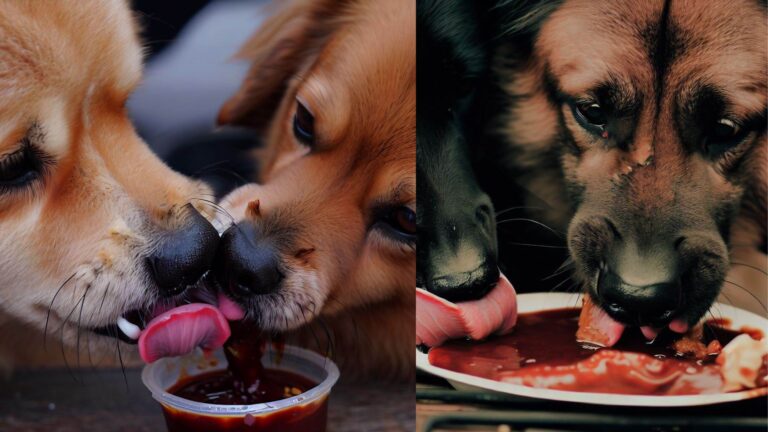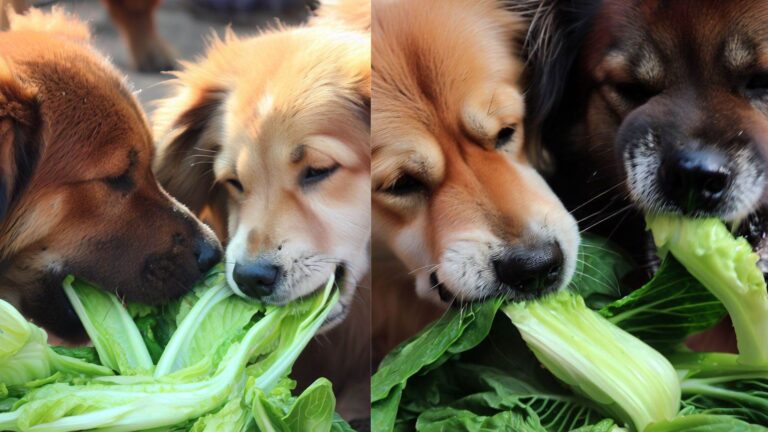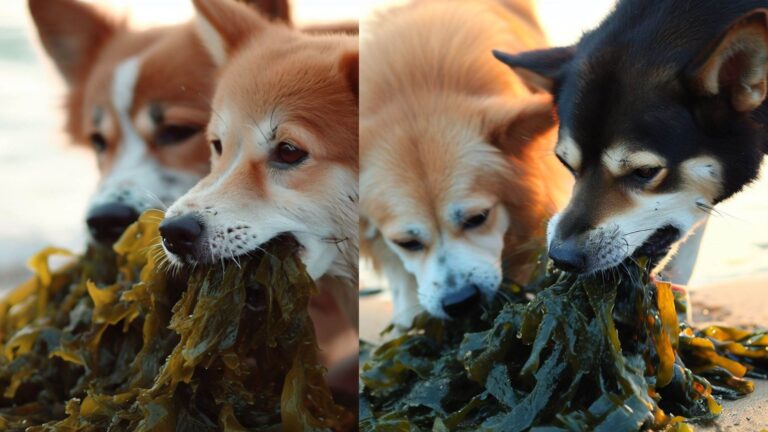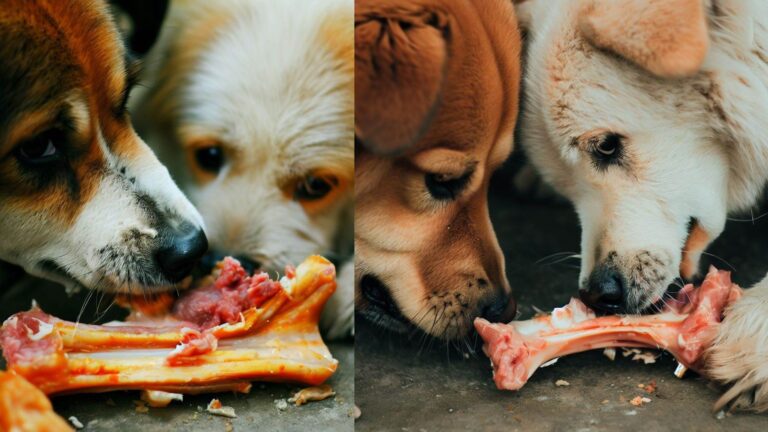When it comes to our furry friends, we always want to ensure their health and well-being. As more people embrace alternative diets and lifestyles, questions about what dogs can and cannot eat arise. Tofu, a popular plant-based protein source, often finds its way into many vegetarian and vegan dishes. But can dogs eat tofu? In this blog post, we will explore the benefits and considerations of feeding tofu to dogs, helping you make an informed decision.
Table of Contents
Understanding Tofu
Tofu, also known as bean curd, is a food product derived from soybeans. It is made by coagulating soy milk and then pressing the resulting curds into blocks. Tofu is a staple in many Asian cuisines and is highly regarded for its high protein content, low-calorie count, and versatility in various recipes.

Can Dogs Eat Tofu?
Yes, dogs can eat tofu in moderation. When served properly, tofu can be a safe and healthy addition to a dog’s diet.
Benefits of Tofu for Dogs
- Protein Source: Tofu is an excellent source of plant-based protein, which is essential for a dog’s overall health. Protein aids in muscle development and repair supports the immune system, and helps maintain healthy skin and coat.
- Nutritional Value: Tofu contains essential amino acids, vitamins (such as vitamins B1 and B6), minerals (such as calcium and iron), and antioxidants. These nutrients contribute to a balanced diet for dogs and can be beneficial if included appropriately.
- Digestive Health: Tofu is a lactose-free and easily digestible food. Some dogs may have sensitivities or allergies to animal-based proteins, making tofu a suitable alternative protein source.
Considerations when Feeding Tofu to Dogs
- Moderation is Key: While tofu can offer nutritional benefits, it should be fed in moderation. Dogs have different dietary needs than humans, and their primary nutrient source should be high-quality animal protein. Tofu can serve as an occasional treat or small addition to their regular diet.
- Consult Your Veterinarian: Before introducing tofu or any new food into your dog’s diet, it is crucial to consult with your veterinarian. They can evaluate your dog’s nutritional requirements and health condition and advise on whether tofu suits your furry friend.
- Preparation and Seasoning: Plain, unseasoned tofu is the safest option for dogs. Avoid giving them tofu prepared with ingredients such as onions, garlic, or excessive salt. Always ensure the tofu is cooked thoroughly to eliminate any bacteria or potential digestive issues.
- Individual Sensitivities: Dogs can have individual sensitivities and allergies like humans. While tofu is generally considered safe, some dogs may have adverse reactions. Watch for any signs of digestive upset, allergic reactions (itching, hives), or changes in behavior after feeding tofu. If any negative symptoms occur, discontinue feeding tofu and consult your veterinarian.
Read More: Can Dogs Eat Watermelon Rind?
FAQs

Is tofu safe for dogs to eat?
Yes, tofu is generally safe for dogs to eat when served in moderation and prepared appropriately.
Can dogs digest tofu?
Dogs can digest tofu, especially when it is cooked and served in small portions. However, some dogs may have difficulty digesting tofu, particularly if they have digestive sensitivities or allergies.
Is tofu a good source of protein for dogs?
Tofu is a plant-based protein source and can provide some protein for dogs. However, it is important to remember that dogs primarily require animal-based protein for their nutritional needs.
How much tofu can I feed my dog?
The amount of tofu to feed your dog should be limited. It is recommended to give tofu as an occasional treat or small addition to their regular diet, typically in small cubes or bites.
Can tofu be used as a complete meal for dogs?
No, tofu should not be used as a complete meal for dogs. It lacks certain essential nutrients that are found in balanced, animal-based diets. Tofu should only be a supplementary part of their overall diet.
Can tofu cause allergies in dogs?
While tofu itself is not a common allergen for dogs, individual dogs may have sensitivities or allergies to soy products, including tofu. Monitor your dog for any allergic reactions or digestive issues after consuming tofu.
Can dogs with dietary restrictions or sensitivities eat tofu?
In some cases, dogs with specific dietary restrictions or sensitivities may benefit from tofu as an alternative protein source. However, it is crucial to consult with your veterinarian before introducing tofu or any new food into your diet.
Are there any health benefits of feeding tofu to dogs?
Tofu can benefit dogs due to its protein content, essential amino acids, and certain nutrients. However, these benefits can be obtained more effectively through a balanced diet primarily based on high-quality animal protein.
Can tofu be toxic to dogs?
Plain, unseasoned tofu is generally not toxic to dogs. However, certain seasonings or flavorings added to tofu, such as onions or garlic, can be harmful to dogs. Always serve tofu without any potentially toxic ingredients.
What should I do if my dog eats a large amount of tofu?
If your dog accidentally consumes a large amount of tofu or shows signs of digestive upset after eating it, it is recommended to contact your veterinarian. They can provide guidance based on your dog’s specific situation.
Conclusion
In summary, tofu can be a suitable addition to a dog’s diet when fed in moderation and with proper consideration. It offers plant-based protein and essential nutrients and can be a viable alternative for dogs with specific dietary needs.
However, it is essential to consult your veterinarian before introducing tofu or any new food into your dog’s diet. Each dog is unique, and your veterinarian can provide tailored advice based on your dog’s individual needs and health conditions.
Remember, a balanced and nutritionally complete diet based on high-quality animal protein is crucial for your furry friend’s optimal health and well-being.






